In the book “Fuqahā’ around the Table of a Thinker: Is There a Rational Way Out?”, esteemed scholar Professor Sameh Askar delves into the intricate relationship between cultural conditioning, rationality, and Islamic jurisprudence. By examining the question of whether jurists are susceptible to the influences of cultural conditioning, the author aims to illuminate the ways in which cultural factors shape the decision-making process of these jurists.
Approaching the subject from an anthropological perspective, Professor Askar explores how jurists’ self-reflection has given rise to the development of new legal doctrines. One notable example is Imam Malik, who integrated Sufism into legal reasoning to establish a standard for assessing the actions of jurists. According to Malik, only those who fuse Sufism with sacred law can demonstrate their sincerity and authenticity.
The book poses a challenge to established jurisprudential paradigms and advocates for the inclusion of “rationalism” as a crucial reference point to ensure the impartiality of jurisprudence and the judgments it produces. Sameh Askar asserts that by encouraging religious discourse, the author seeks to stimulate a paradigm shift in jurisprudence by providing rationalism with a more prominent role.




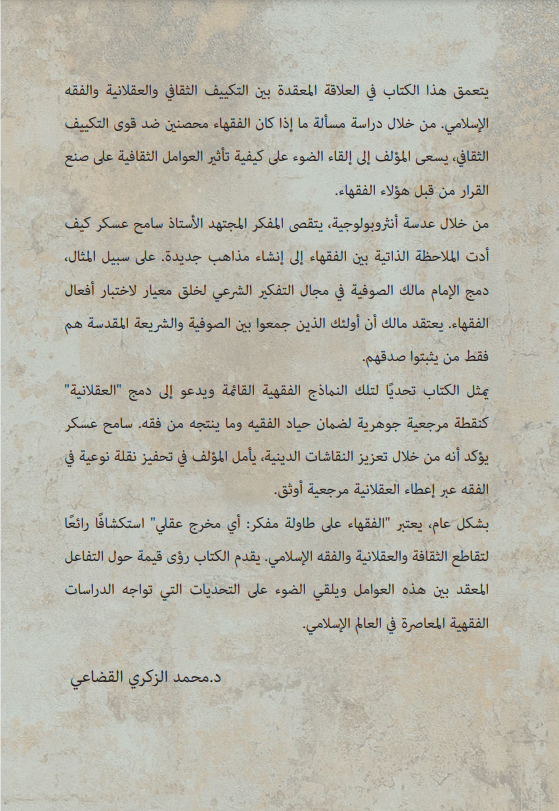

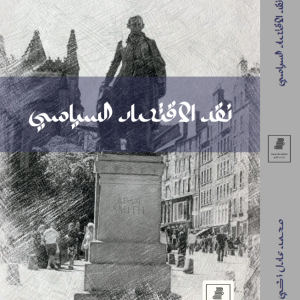
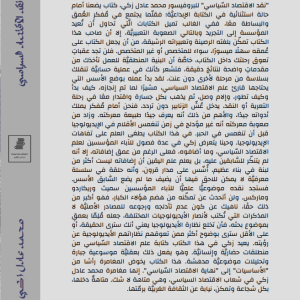


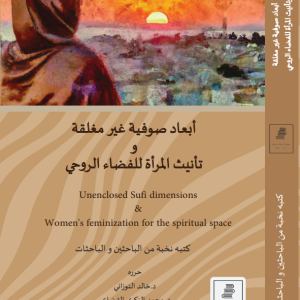
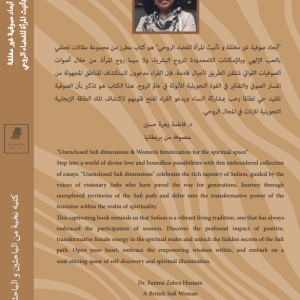
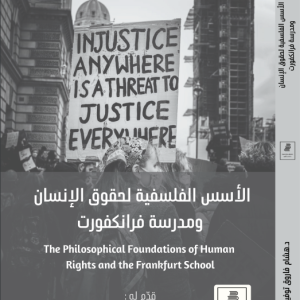
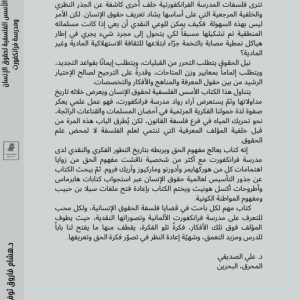
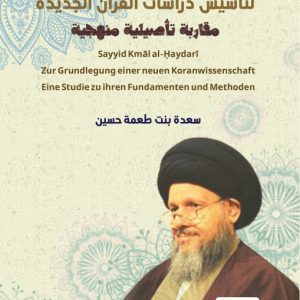
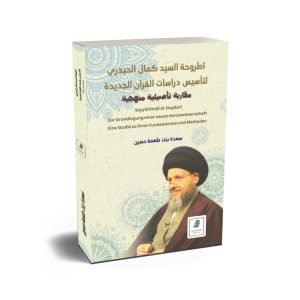
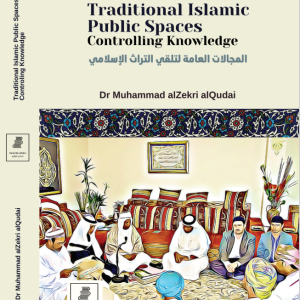
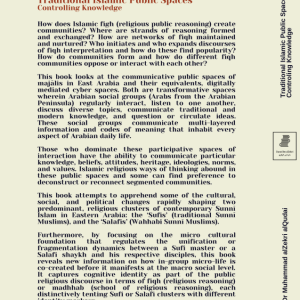
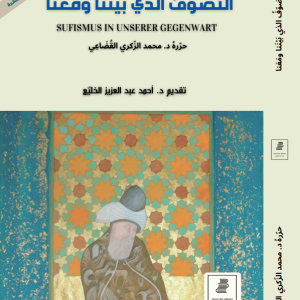
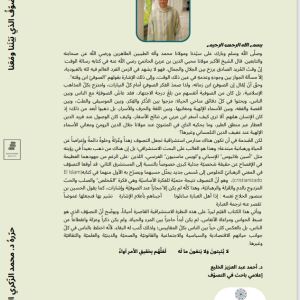

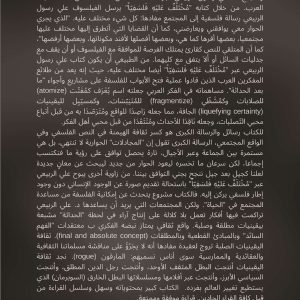


Reviews
There are no reviews yet.